Smoking is an addictive habit that poses significant health risks, including cancer, lung disease, and heart disease. Quitting smoking is a challenging task that requires a great deal of determination, willpower, and sometimes professional help. In this article, we will explore some effective ways to overcome smoking addiction and provide insights from clinical trials that are available at gminstitutes.com.
Nicotine Replacement Therapy (NRT)
Nicotine replacement therapy (NRT) is a widely used method for quitting smoking. NRT works by delivering small amounts of nicotine to the smoker without exposing them to other harmful chemicals found in cigarettes. This helps reduce the withdrawal symptoms and cravings that make quitting smoking difficult. NRT products include nicotine gum, patches, lozenges, inhalers, and nasal sprays.
Prescription Medications
Several prescription medications can help smokers quit. These medications work by reducing cravings and withdrawal symptoms associated with quitting smoking. Varenicline (Chantix) and bupropion (Zyban) are two of the most commonly used prescription medications for quitting smoking. These medications require a prescription from a doctor and should be used under medical supervision.
Behavioral Therapy
Behavioral therapy is another effective strategy for quitting smoking. This therapy helps smokers identify and change the behaviors and thought patterns that contribute to smoking. Behavioral therapy can be conducted individually or in a group setting, and it can be done in person or online.
Clinical Trials
Clinical trials are research studies that test new treatments or interventions for a particular condition. Clinical trials for smoking cessation are available at gminstitutes.com. Participants in clinical trials receive access to new treatments and therapies that may not be available elsewhere. They also receive medical supervision and support throughout the process.
Quitting smoking is a crucial step towards achieving optimal health. There are several effective strategies to quit smoking, including nicotine replacement therapy, prescription medications, behavioral therapy, and clinical trials. Each person’s journey towards quitting smoking is unique and may require multiple attempts. However, with determination, willpower, and the right support, overcoming smoking addiction is possible.



